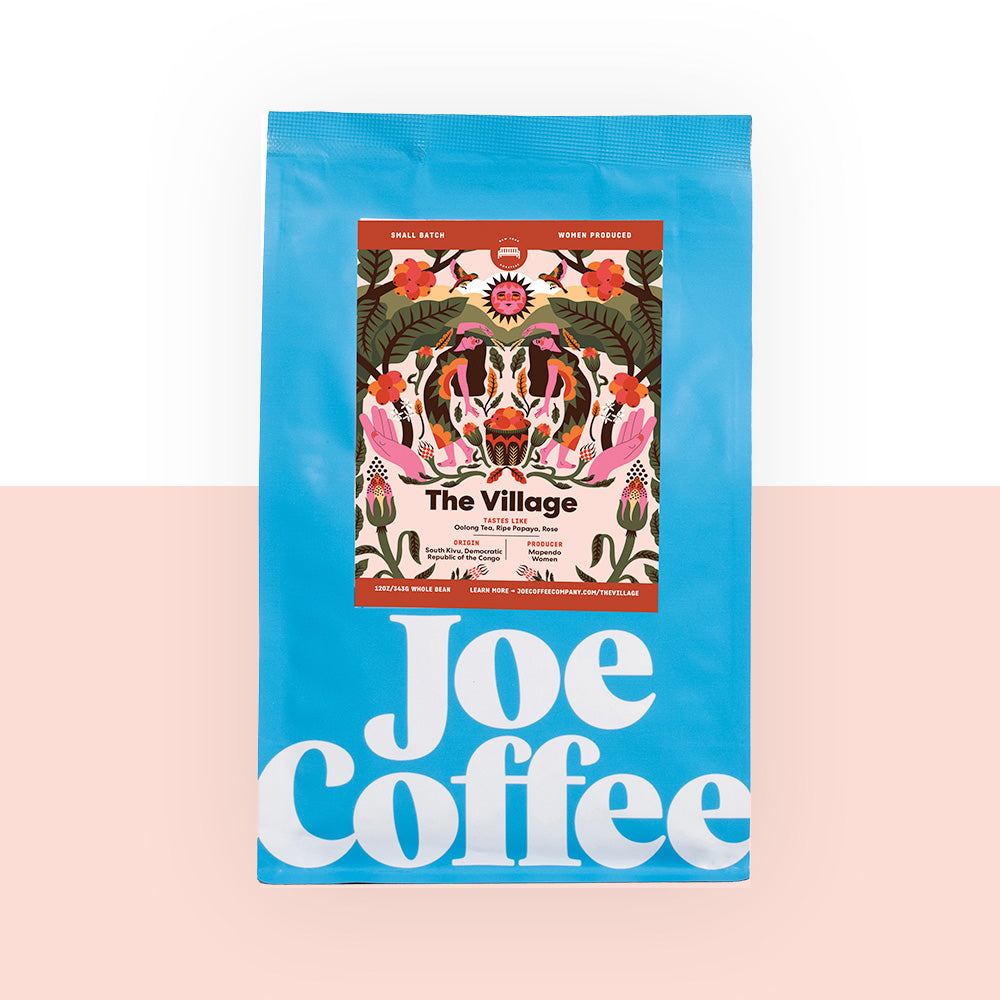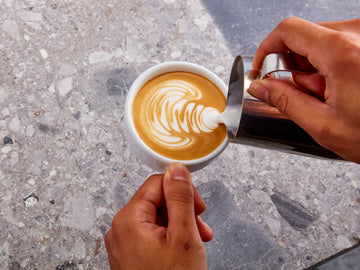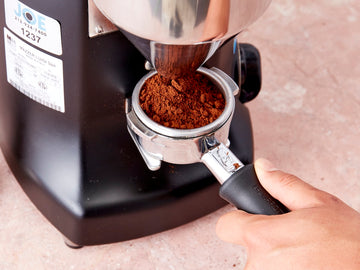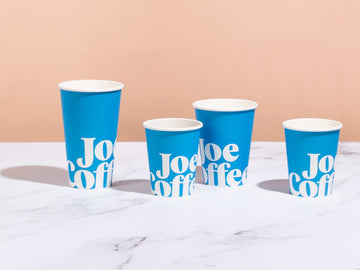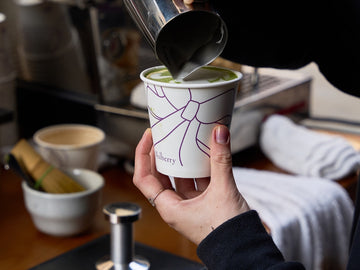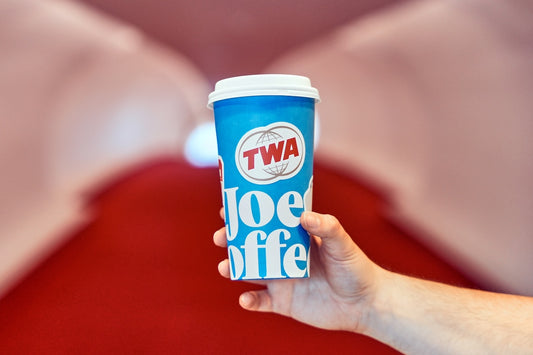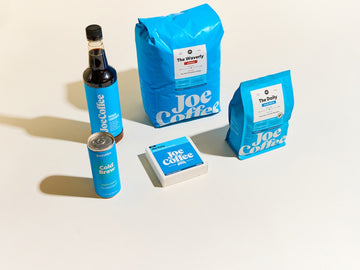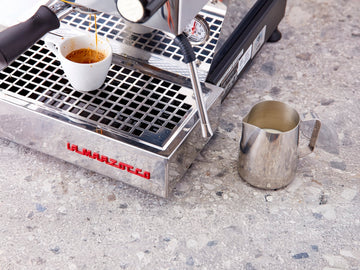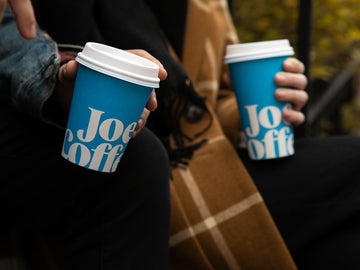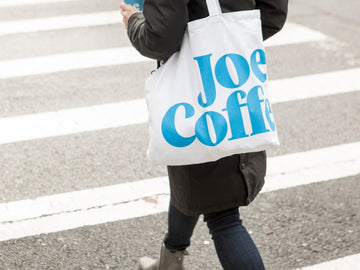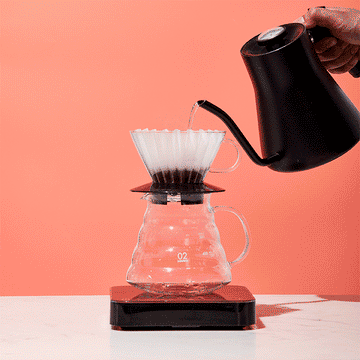The Village
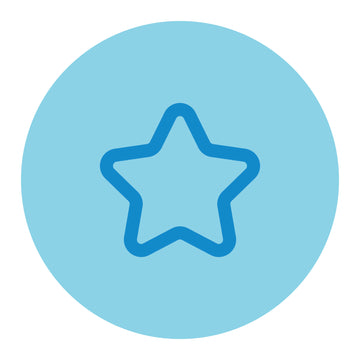
Santa Barbara, Honduras
ORIGIN
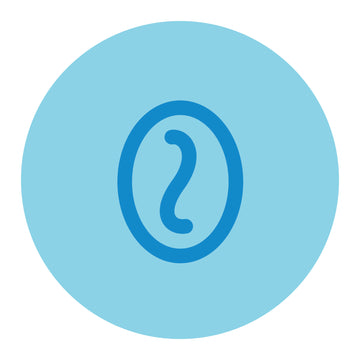
Washed
PROCESS
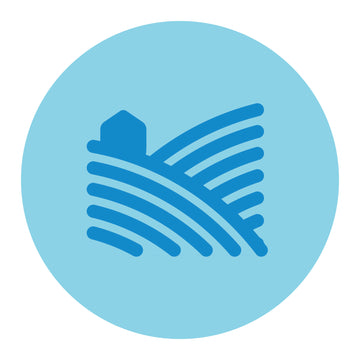
Andrea, Angie and Brenda Rubí
PRODUCER

December–April
HARVEST TIME
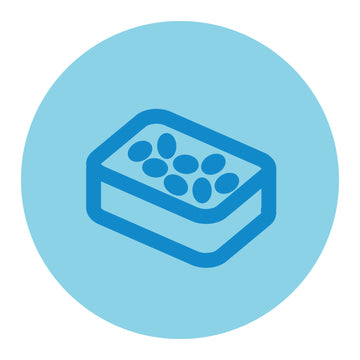
24 hours fermentation
WET MILLING
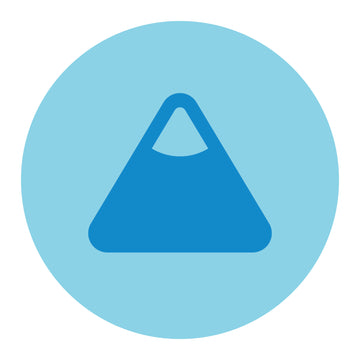
1300–1700 MASL
ELEVATION
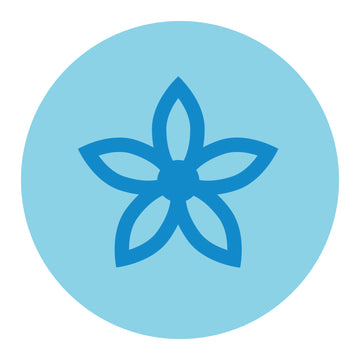
June–August
FLOWER SEASON
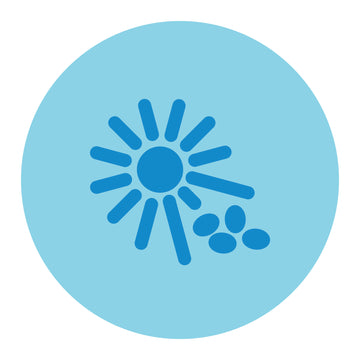
18-23 days
DRYING
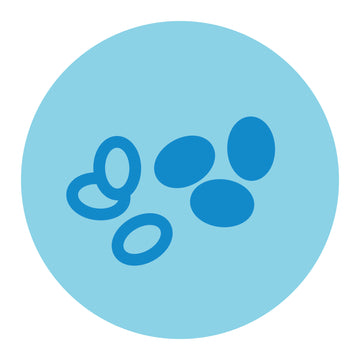
Stored in parchment,milled for export
DRY MILLING
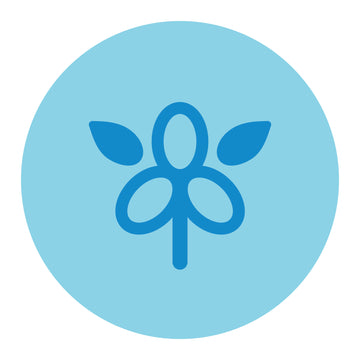
Icatu
VARIETY
Learn More
When it comes to producing exceptional coffee, it truly takes a village. Women are a tremendously influential part of the global coffee community, making up 70% of the labor in fieldwork and harvesting, detail-oriented roles that ultimately translate to excellence in the cup. However, women face steep challenges when it comes to equitable access to career growth, land, education, and credit, representing just 20–30% of farm ownership.
The Village is a celebration of women in coffee, composed of seasonally rotating coffees from valued relationships with female producers and cooperatives, aimed at highlighting and addressing this gender gap. Research shows that investing in women increases sustainability across the coffee supply stream. Women are more likely to reinvest their income into their families, their coffee businesses, and their communities. When access to decision-making and the global marketplace improves for women farmers, quality improves as well.
Currently, The Village comes from the Rubí sisters’ farm, Finca Ruland 2, in Las Vegas, Honduras. Andrea and her sisters’ skill and diligence shine through this washed lot. Expect a complex balance of layered acidity and structured sweetness. Beginning with notes of deep citrus and stone fruit, flavors move toward ripe cherry as the coffee cools, finishing with a soft note of spice and caramel.
After nearly two decades of conventional coffee farming at Finca Ruland 1 in Las Vegas, parents Alfredo Rubí and Suyapa Landaverde decided to purchase a new plot of land in 2015 with the goal of cultivating specialty coffee varieties. With these new varieties, they hoped to enter a specialty market that would better appreciate their family’s story and reflect their values, offering fairer prices and the opportunity to share their personal history directly with consumers. Putting those intentions into action, Finca Ruland 2 launched the family into a new era of strategy and focus for the business.
After completing her degree in Hospitality Management, daughter Andrea Rubí returned to her “coffee paradise” hometown around the same time the Rubí-Landaverdes began work on Finca Ruland 2. Working alongside her sisters, Brenda and Angie, Andrea took the lead in building the family’s specialty coffee farm, which now grows eight varieties. Nestled between the Sierra La Esperanza and Santa Bárbara mountains in an area as beautiful as it is biodiverse, Finca Ruland 2 sits at 1,300–1,700 MASL.
Through a tumultuous year marked by a severe hurricane season, worsening climate impacts, the COVID-19 pandemic, labor shortages, and a shipping container crisis, Andrea and her family persevered to not only produce coffees of the exceptional quality we know and respect them for, but also to experiment with first-time processes shared with us for future releases. For this washed lot, cherries are fermented for 24 hours before washing and drying on patios, where they are carefully monitored for up to 23 days.
In 2022, we were fortunate to host Andrea, Brenda, and their aunt Alma, who lives in Brooklyn and houses the sisters during their trips to New York, at our Long Island City Roastery during their first visit to the city since the COVID crisis began. In uncertain times, it was meaningful to come together across thousands of miles over a cup of coffee years in the making. Andrea spoke openly about the difficulties of this harvest while proudly tasting the result of months of collective effort. Listening to Andrea and Brenda reflect on the process and their plans for growth reminded us of how collaborative this work truly is. Months earlier, Andrea had been eagerly awaiting feedback from our green coffee team’s quality control evaluation. Now, we were all holding our breath as the Rubís took their first sip of the roasting and brew work layered onto their achievements. We smiled together through cups, masks, and lingering pandemic anxieties at the beauty of each sip.
Andrea and Brenda returned to Honduras after a brief trip to New York to launch a new chapter of their business. Last summer, they opened their first café in their hometown of Las Vegas. In addition to diversifying their business, the sisters hope to honor the foundation their parents built over two decades. Last year, their father Alfredo retired from his mining career after many years in the field. While the family is grateful to have him home full time, this also means one less source of income reinvested into the farm. The café serves as an homage to their father and a new pillar in their path toward long-term sustainability, while continuing to support the community that shaped their parents’ passion for coffee.
Andrea sees opportunities to use the family business to create sustainable, year-round work in and around Las Vegas. Beyond tapping into the tourism economy that can emerge around specialty coffee farms, she hopes to educate her community on the benefits of growing higher-quality coffee and selling through shorter, more direct supply chains to values-aligned companies. She also dreams of building an importing and exporting business to support Honduran farmers who are often forced to sell below the already devastating C-market price, pushing them further into debt. Andrea describes feelings of helplessness and vulnerability when speaking about the C-market crisis, yet quickly follows with optimism, solutions, and a determined fighting spirit. She continues to sell her family’s conventional coffee at fair prices directly to coffee companies and hopes to help other Honduran farmers do the same. After speaking with her and learning more about the sisters’ commitment to sustainable growth, we are always left smiling. Andrea is forward-thinking, grounded, and fearless.
